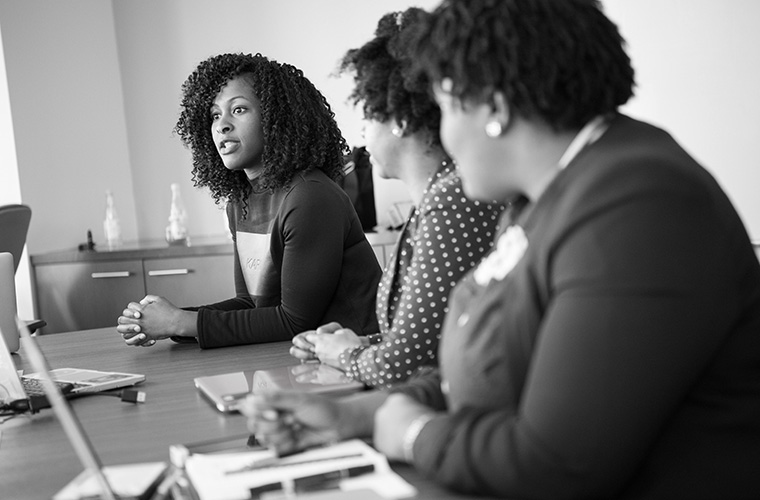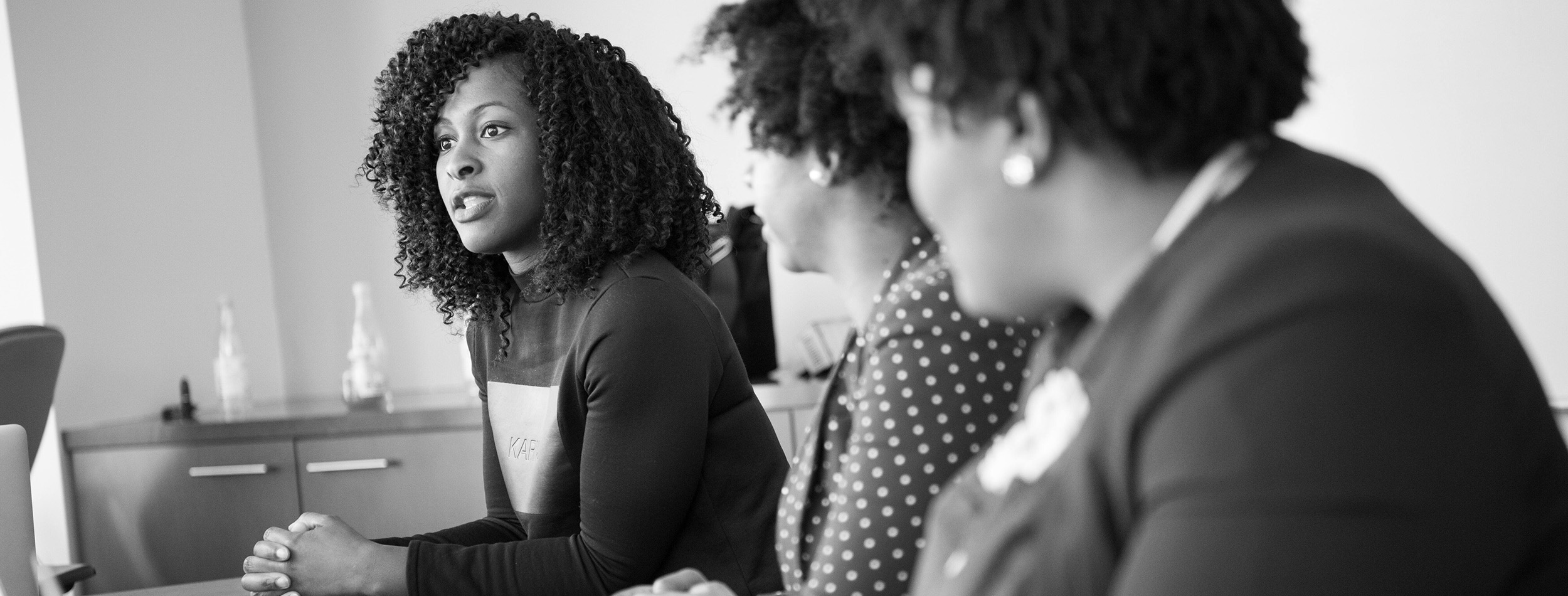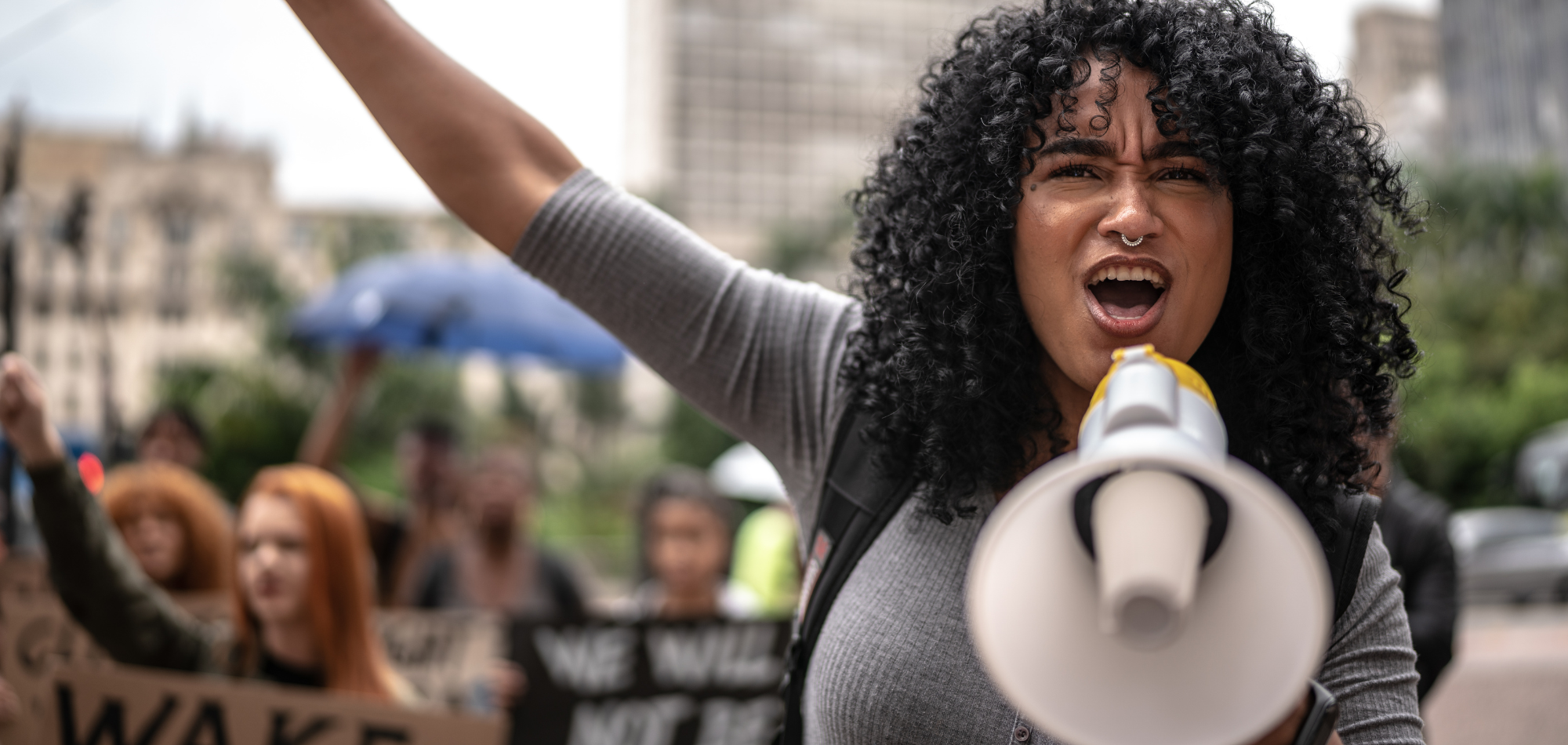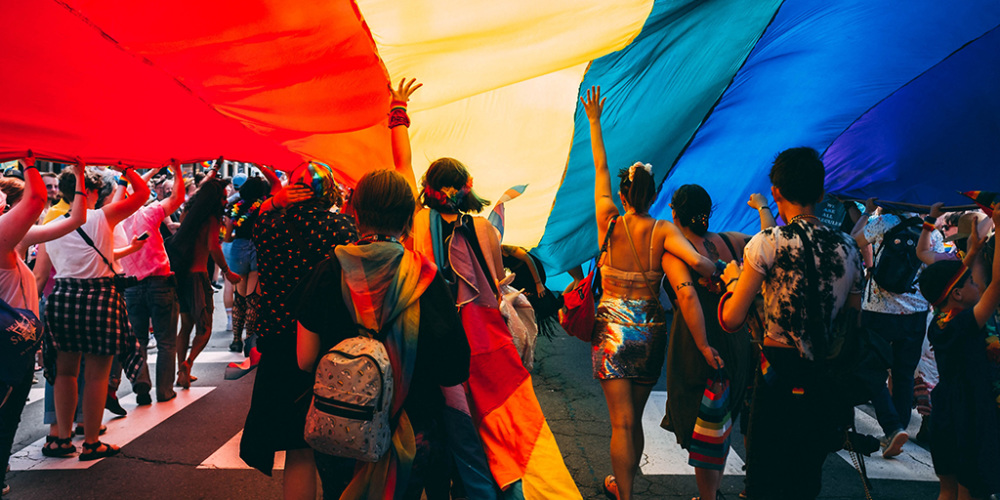

Black Girl Magic is Real, and it Costs
Black women are crucial to our communities, families, schools, economy, and so much more. However, they are consistently devalued when they face systemic barriers like occupational segregation, pay discrimination, health inequities, and racial gaps in education.
Black Women’s Equal Pay Day 2020 is August 13. Every year, we recognize and raise awareness on this day that represents how far into the current year the average U.S. Black woman has to work to finally catch up with the average white man’s earnings from the previous year.
Based on U.S. Census data, Black women working full-time were paid only 62 cents for every $1.00 paid to non-Hispanic white men in 2019. That means Black women on average had to work all of 2019, plus 7 months of 2020 (until Aug. 13) to earn what white men earned in 2019 alone. And that’s just an average. In some cities and states, Black women are paid as little as 47 cents (Louisiana) and 51 cents (Washington, D.C.) per $1.00 paid to white men.
Over a 40-year career, the average Black woman loses almost $1 million to racial and gender pay discrimination. The numbers that demonstrate the wage gap between white men and Black women are a direct consequence of racism and sexism.
This rampant, blatant pay discrimination and occupational segregation harms not only Black women individually, but also their children, families, and communities as a whole — with consequences that can often impact families for generations. The time is NOW to pay Black women the wages they deserve. Equal pay for Black women changes lives, family outcomes, and strengthens whole communities.
Take action! Here are 3 actions you can take to support #BlackWomensEqualPay:
Article continued below.
Learn more about the wage gap for Black women:
- In Washington, D.C., “a Black woman makes 51 cents for every dollar a White man makes… Over the course of a 40-year career, a Black woman in the District is estimated to lose $1.98 million because of the wage gap.” (source & source)
- “A newly released study now demonstrates SHBs [salary history bans] not only reduce the gender wage gap, but also significantly narrow the wage gap for Black workers of both genders… after enactment of Salary History Bans, women overall earned 8.5 percent more, and Black men and women earned 16 percent and 14 percent more, respectively.” (source)
- LGBTQ women are central to the fight for Black Women’s Equal Pay: 25% of Black women in a same-sex relationships live in poverty and are three times more likely to be poor than white women in same-sex partnerships. (source & source)
- More than 80% of Black mothers are key breadwinners for their families, yet Black families with kids have a single penny in wealth for every dollar that white families with kids have. (source & source)
- “There is a nearly $8 wage gap between front-of-house tipped restaurant workers in New York who are white men versus Black women. Even more egregious, this New York wage gap is 60% higher than the race and gender gap for these groups of restaurant workers nationally, which stands at $4.79.” (source)
Thank you for standing up against pay discrimination with us, and fighting for #BlackWomensEqualPay.
Stay Connected & Take Action
- Get the Latest News & Information Sign up for Email Updates
- Sign Up for Action Alerts Join the Action Team
- Follow Us

